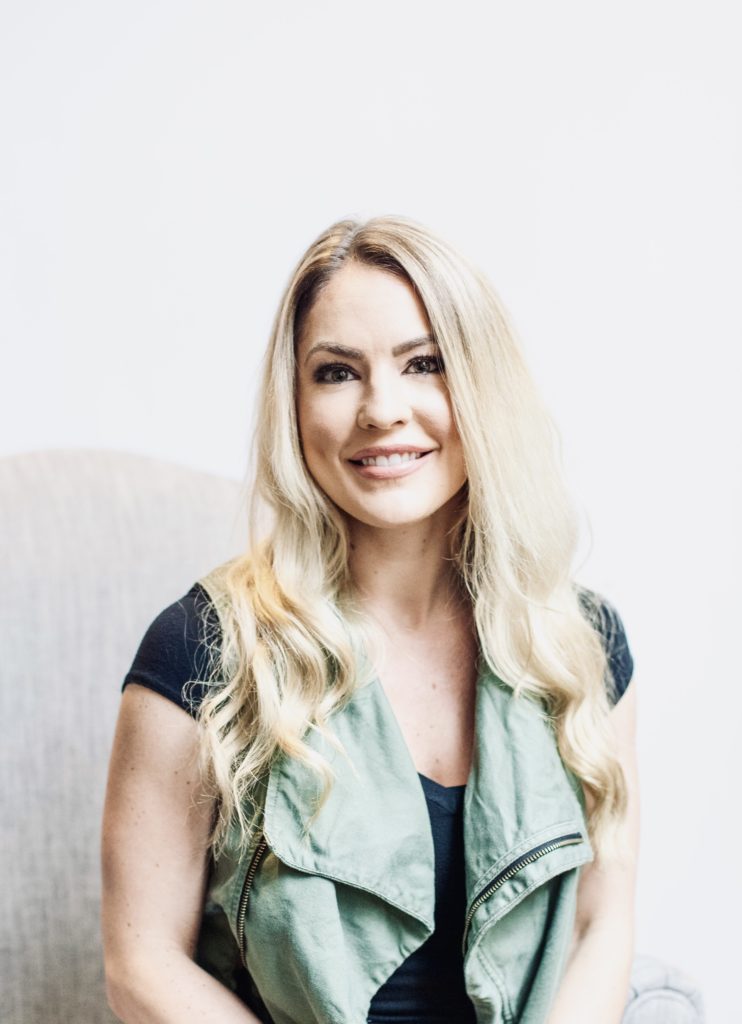How to bring back spontaneity in your relationship
It takes ongoing effort to keep a relationship fresh and lively. In today’s society, it can be easy to become critical of our own relationship when we focus on what others are doing and how others are prioritizing their relationships.
If you find yourself comparing your relationship to others’ and their relationships often seem more exciting or fulfilling than yours, this can lead to an overall dissatisfaction in your own relationship. We all know the saying, “the grass is not always greener on the other side, it is greener where you water it.” Watering our own grass requires a more mindful approach to nurturing our relationship. Rather than focusing on what is missing in the relationship, we make a conscious choice to devote our time and energy to finding ways in which we can enhance our relationship.

One way that we can begin mindfully pouring into our relationship is by planning spontaneous activities that break us out of our old mold. If you are looking to increase spontaneity and rekindle the flame, try this strategy:
-
1. Make a list of things that you and your partner have done that he or she considered romantic, exciting, or fun.
-
2. Find articles online for things to do with your partner, focusing on novelty, variety, and romance. Write down the ideas that you would consider doing.
-
3. Once a week, get out your list and look it over for inspiration. Plan a time to surprise your partner with your activity.
-
4. Get your partner in on the action and together, add to the list any ideas you have for spending quality time with one another.
Our favorite links to ideas:
17 fun things to do as a couple
30 things to do with your partner other than binge-ing Netflix

For more relationship advice, reach out to Hollie! Read more about her here.













